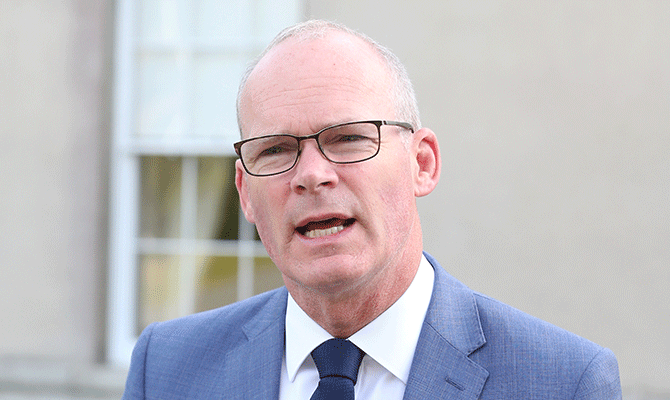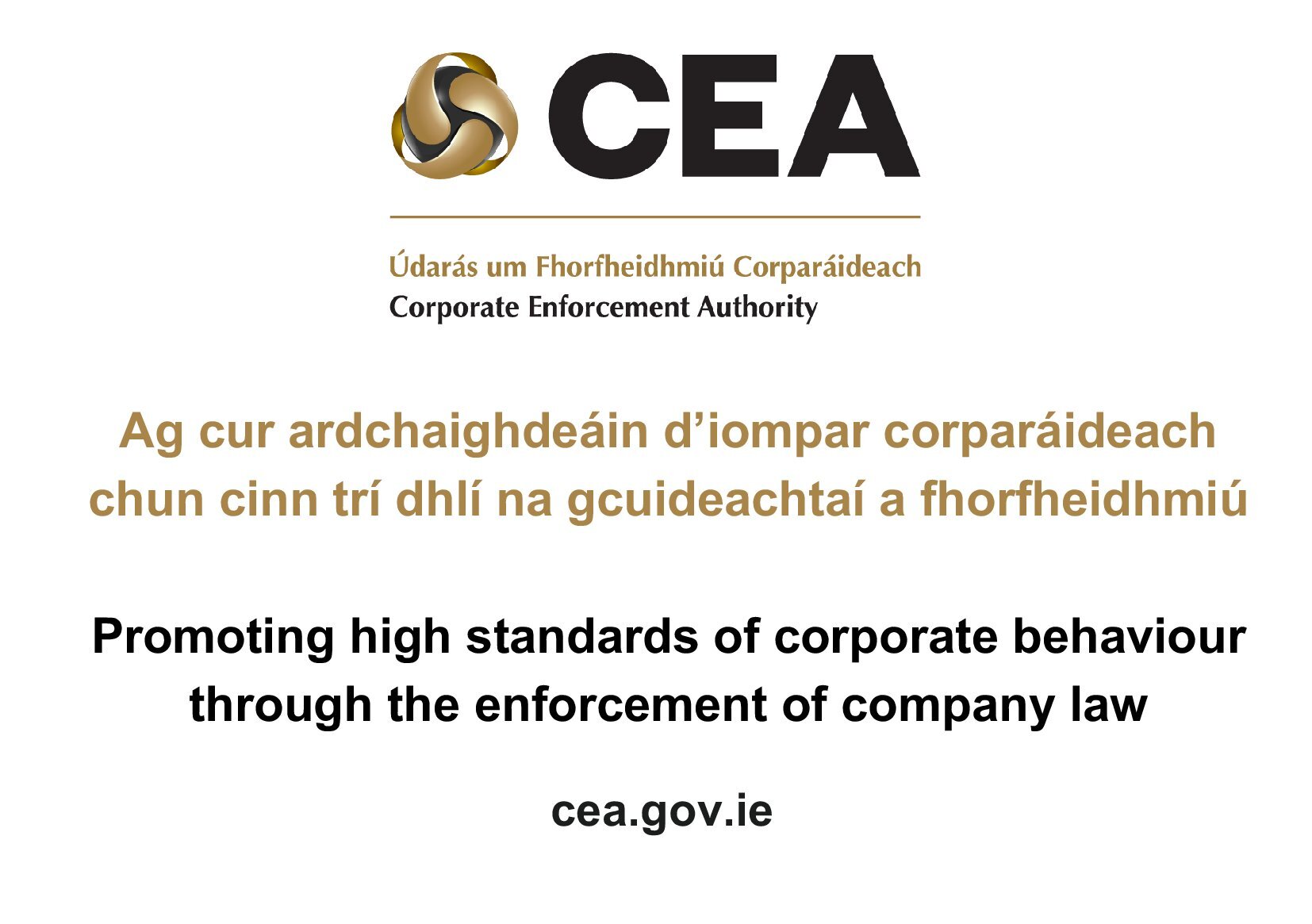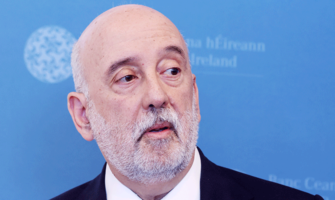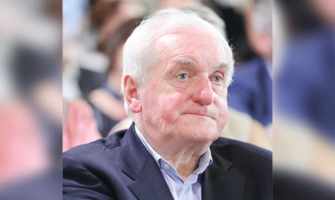
Simon Coveney
IT WAS hardly surprising that little or no fanfare accompanied Minister for Enterprise, Trade and Employment Simon Coveney’s release of the 2022 Annual Report on activity under the Control of Exports Act 2008. Covetous Coveney has been relatively outspoken – in EU terms – in his criticisms of Israel and the ongoing attacks on Gaza. In that context the report was particularly problematic.
Last November during a trip to South Korea, Coveney argued that the international community needed to speak out in relation to human rights. “I think countries like Ireland and others need to speak up about that, even though it makes for awkward and difficult political interaction, perhaps, given the awfulness of the atrocity that happened to many Israeli innocent civilians,” he said. “But collapsing buildings on top of children in an effort to target one Hamas leader is not consistent with international humanitarian law and can’t be allowed to go on unchallenged.”
The Annual Report on activity under the Control of Exports Act 2008 details any export licences issued for goods and technology to be shipped abroad to military end users. Overall there has been significant growth in the global value of the export licences issued, with an increase from €2,242.4m in 2021 to €2,456.1m in 2022.
The report goes into a lot of detail on the many countries to which Ireland prohibits exports of this kind such as Iran, Mali, South Sudan etc. However, the fact that Ireland continues to issue licences for exports to Israel must be awkward for Coveney when every day Irish citizens are able to watch on television the uses to which this technology is being put.
All of the 31 export licences issued by Ireland for Israel in 2022 were ‘individual dual-use licences’. Dual-use items are goods, software and technology that can be used for both civilian and military applications.
In 2022 Ireland issued export licences for telecommunications and information security technology worth €10,711,784 to Israel, a significant increase in the €7,273,236 of exports in this category in 2021.
It must be awkward too for Coveney considering that much of the expansion of the Irish defence and security (read arms) industry, now benefitting Israel, was fostered by him as defence minister. In September 2020, along with defence department general secretary Jacqui McCrum, he launched the Feasibility Study: Establishment of a Research, Technology & Innovation Capability for the Irish Defence Organisation. And in October 2022 they organised a conference called “Building the ecosystem – identifying connections for collaboration in Security, Defence and Dual Technologies”, which was held in the Aviva Stadium.
In his foreword to the 2022 Annual Report on activity under the Control of Exports Act 2008, Covetous stated that Ireland supports openness and transparency in relation to the operation of export controls and that the Government – and in particular his department – support the pursuit of open, free and responsible trade rooted in the multilateral, rules-based system. You might expect then that all those companies based in Ireland that profited from the issuing of these 31 export licences in 2022 for ‘individual dual-use’ goods and technology to be exported to Israel would be named in the report.
Alas, this is too awkward and difficult as the report argues that it is “intended to provide as much transparency as possible on licensing activity. However, the Department also respects the commercial sensitivity and confidentiality of information provided by exporters. The Department also has a responsibility to protect exporters’ personnel and facilities. Consequently, export data is reported in aggregated [and conveniently anonymous] form.”






















